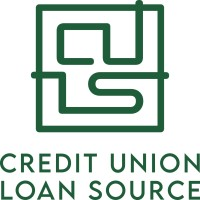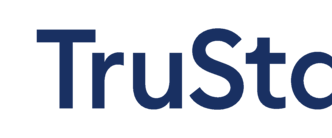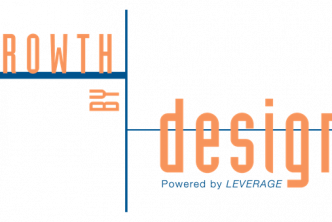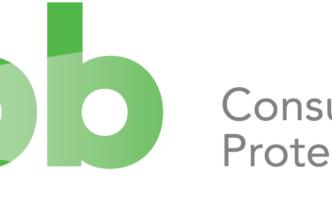In an article by John M. Floyd & Associates (JMFA), “Making Ends Meet in the Dog Days of Summer, you’ll see the high costs of education for Americans.”
Summer is winding down, and kids are heading back to school. Across the U.S., some 29 million households are expected to spend $27.6 billion on supplies and clothing, plus the extra —and often unexpected — activity fees and ancillary costs that come with a new school year. This, along with the fast-approaching holiday season, means cash-strapped families could be in for a bumpy ride ahead should they have a miscalculation in their checkbook.
According to a survey by Lending Tree, while consumers are generally optimistic about their financial prospects this year, unexpected expenses and making ends meet are the top money concerns in 2018.
When consumers find themselves in unexpected financial situations or lack the necessary funds to make it until payday, the Dealing with Unexpected Expenses section of the Federal Reserve’s 2017-2018 Report on Economic Well-Being of U.S. Households identifies that four in ten adults would either carry a balance on a credit card (43 percent), borrow from a friend or family member (26 percent), or sell something (19 percent).
But, where do consumers turn when assistance from family and friends isn’t available; they don’t qualify for a credit card; or have maxed out their credit limit? What if the need is an emergency or they want to avoid the possibility of having a transaction denied all together?
What’s the solution to this challenge?
Match product choices to account holder needs
Technology-driven applications have created expectations for fast, convenient solutions to consumer financial needs. For instance, the use of algorithms and big data simplify the processes that determine creditworthiness for short-term, small-dollar lending programs. But are impersonal solutions where an outside service provider is making the choice of whether or not the service is granted the most responsive way to address all account holders’ emergency needs?
Earlier this year, the Office of the Comptroller of the Currency (OCC) issued a bulletin establishing core lending principles, policies and practices for short-term, small dollar loans for the large institutions it oversees. However, neither the Federal Reserve, the Federal Deposit Insurance Corporation (FDIC) nor the National Credit Union Association (CUNA) have released guidance on policies and procedures, or granted approval to move ahead with such products for smaller banks and credit unions.
Without clear, consistent guidance or approval from industry regulatory bodies, the possibility of enforcement action or negative comments from regulators on lending practices is concerning. What’s more, the possibility of additional interest rate increases this year by the Federal Reserve could impact the cost for consumers and — in turn — the viability of such programs.
Even if regulators move to address these concerns, short-term, small dollar loans don’t adequately address the needs of consumers with low or no credit scores who are looking for short-term liquidity. Plus, approval requirements impede immediate access to funds.
Transparent, consumer-focused service yields more balanced results
On the other hand, a fully disclosed overdraft program provides all eligible account holders with the ability to cover their transactions to an established limit with their full knowledge of how the service works and how much it costs. Additional benefits include:
| For Account Holders | For Your Institution |
| Pre-approved for immediate access brings
financial peace of mind when unexpected expenses arise |
Compliance peace of mind regarding existing regulations and consumer protection expectations
|
| No lengthy credit approval process | Opportunity for on-going communication with account holders about account status and additional services that are available to help them maintain a healthy account
|
| No fee if the service isn’t used | Comprehensive employee training on program processes and procedures strengthens account holder relationships |
While the next few months could present additional financial challenges for your account holders, maintaining good financial health is a struggle for many consumers throughout the year. In fact, about one in five Americans (19 percent) are living paycheck to paycheck.
How a bank or credit union addresses the needs of its account holders tells a lot about the focus it places on providing exceptional service experiences. A disclosed overdraft program can relieve the stress caused by financial shortfalls — whether they are caused by an error in balancing a checkbook, an emergency situation or an unexpected expense.
If your account holders don’t use the service, they won’t ever be charged a fee. But, more importantly, in the event they do need it; it’s there. That’s the kind of reassurance that will reduce the stress of unexpected financial situations throughout the year and strengthen account holder relationships for years to come.





